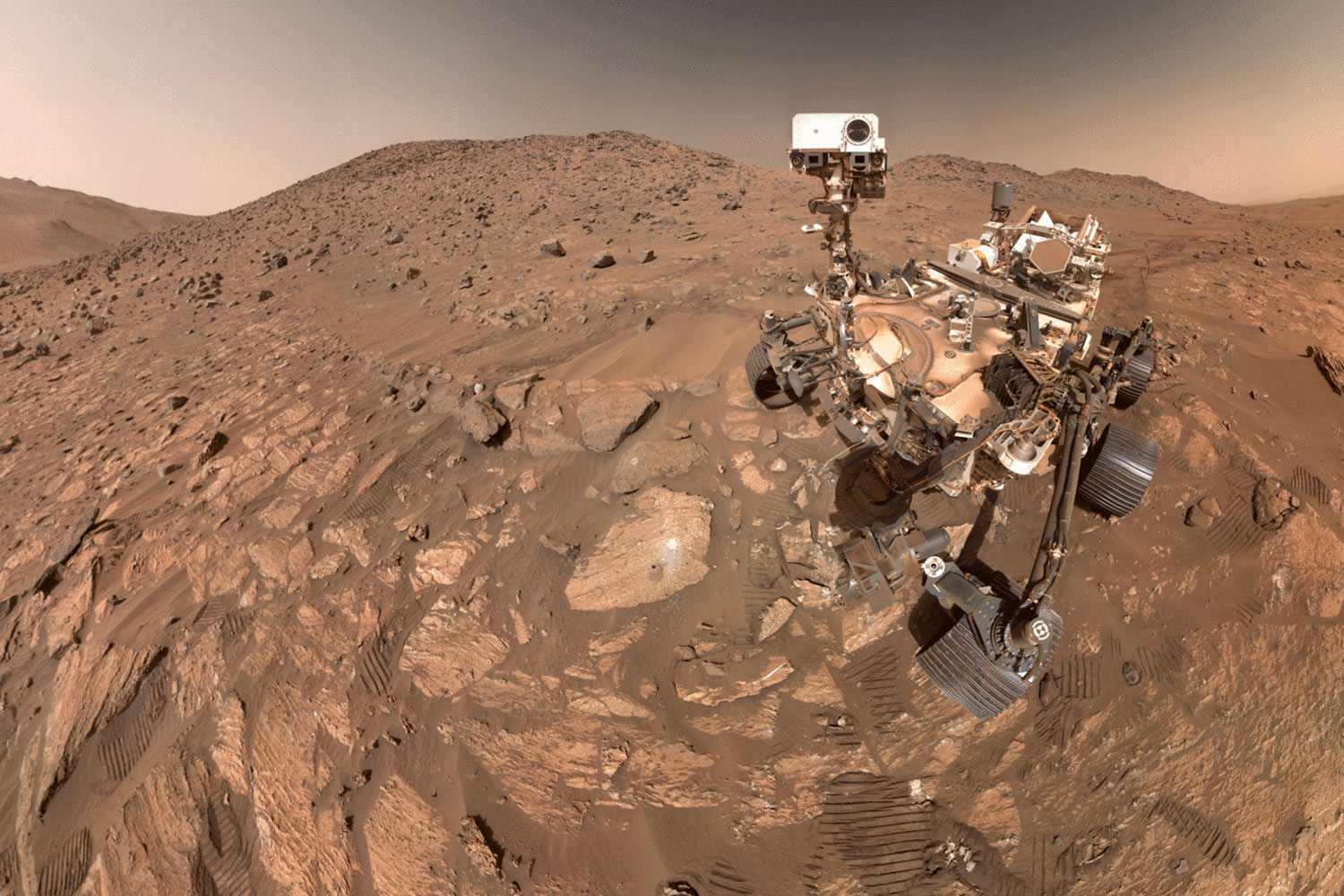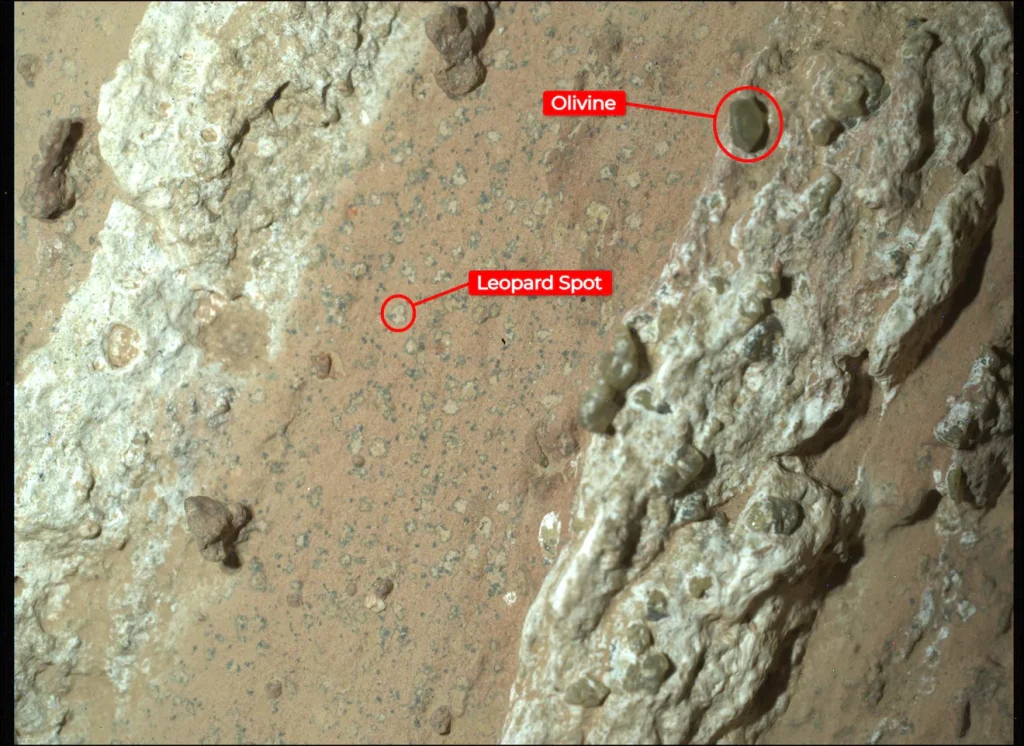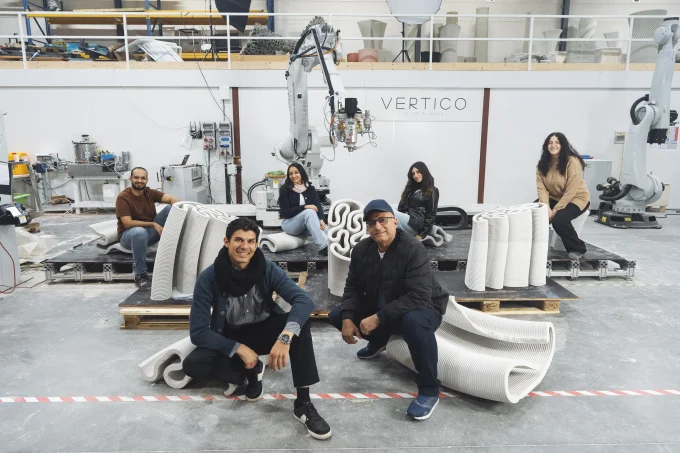NASA’s Perseverance rover has discovered a rock sample that possibly has ancient life remains on Mars. One of the rocks, the rover SHERLOC (Scanning Habitable Environments with Raman & Luminescence for Organics & Chemicals), collected in July 2025, holds evidence of microscopic life that once existed on Mars.
The team nicknamed the rock fragments “Cheyava Falls.” The large veins of white calcium sulfate indicate that water had passed through them at some point, but that doesn’t mean the rock hosted ancient microbes. The spots could have been formed by non-biological processes, which scientists need to investigate.
“We have designed the route for Perseverance to ensure that it goes to areas with the potential for interesting scientific samples,” said Nicola Fox, associate administrator of the Science Mission Directorate at NASA Headquarters in Washington. “This trip through the Neretva Vallis riverbed paid off as we found something we’ve never seen before, which will give our scientists so much to study.”
“Cheyava Falls is the most puzzling, complex, and potentially important rock yet investigated by Perseverance,” said Ken Farley, Perseverance project scientist of Caltech in Pasadena. “On the one hand, we have our first compelling detection of organic material, distinctive colorful spots indicative of chemical reactions that microbial life could use as an energy source, and clear evidence that water — necessary for life — once passed through the rock. On the other hand, we have been unable to determine exactly how the rock formed and to what extent nearby rocks may have heated Cheyava Falls and contributed to these features.”
According to the official announcement, ?n the hunt for evidence of ancient microbial life, the Perseverance mission has focused on rocks that could have been formed or altered in the distant past due to the existence of water. “This is the kind of key observation that SHERLOC was built for — to seek organic matter as it is an essential component of a search for past life,” said SHERLOC’s principal investigator Kevin Hand of NASA’s Jet Propulsion Laboratory in Southern California.




















Leave a comment